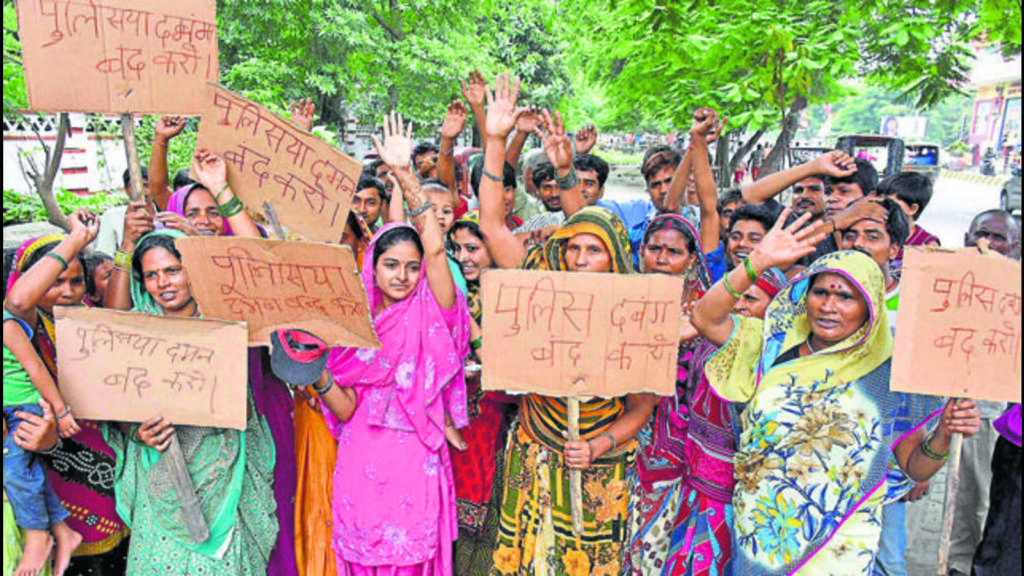Significant Gender Gap in Economic Participation
A report from the 2024 World Economic Forum highlights a staggering gender gap of 40% in economic participation. However, the recent Economic Survey indicates a positive trend, with female labor force participation rising to 41.7% over the past five years. Despite this progress, issues such as income inequality, stringent work conditions, and a decline in high-paying job opportunities are driving more women to seek self-employment. To enable women to become successful job creators, a more substantial support system from the government and grassroots organizations is essential.
PREMIUM
The Challenges of Women Entrepreneurs
Women aspiring to launch their businesses encounter numerous obstacles. A lack of financial knowledge, inadequate documentation for securing credit, and fear of complicated processes contribute to these challenges. Many financial institutions exhibit bias against lending to women. Of the over 60 million rural women engaged in entrepreneurship, only 17% employ others, with the majority operating as “solopreneurs.” MicroSave’s 2022 report reveals that nearly 96% of women-led businesses remain unregistered or unregulated, hindering their ability to access funding, grow, and scale.
Encouraging Initiatives for Women Entrepreneurs
Despite these challenges, there are promising initiatives underway. The Buddha Institute plays a crucial role in supporting women entrepreneurs by offering mentorship and financial backing during pivotal moments. Additionally, it fosters peer-to-peer learning opportunities among women in business. With a goal to nurture 500 women entrepreneurs by 2030, the institute has already supported 17 women in their entrepreneurial journeys.
The National Rural Livelihood Mission (NRLM) has successfully incorporated over 100 million rural women into self-help groups (SHGs). By collaborating with organizations like the Buddha Institute, NRLM can empower these women, enabling them to become successful entrepreneurs and align with the vision of a Viksit Bharat.
A Personal Journey: Kalyani Chavali
Kalyani Chavali established her enterprise, Sahrudaya, in Talegaon near Pune. She shares, “I was surrounded by strong women in my family. My mother and aunts were all independent. When I was 18, I fell ill with TB. My mother cared for me, and during that time, I realized how food can heal and celebrate life. This philosophy has become a cornerstone of my business. A professor from IIT Mumbai introduced me to the Buddha Institute, which marked the beginning of Sahrudaya’s journey. It’s gratifying to create opportunities in the rural sector, as seen in the experience of Kavita tai, one of my first employees from a humble background.”
Kavita tai’s Transformation Through Empowerment
Kavita tai reflects, “Coming from a farming background, my parents instilled in me the importance of education. However, I felt the need to work so that my children would have better opportunities. Farming alone wasn’t sufficient to provide for my family. Earning gave me the confidence to speak up and take action. At Sahrudaya, I had the chance to train others like Subhadra tai and Jyoti tai, and our numbers flourished.”
Impact of Women-Owned Businesses
Ved Arya, the founder-director of the Buddha Institute, emphasizes, “Enterprises like Kalyani’s can provide job opportunities for rural women who are often sidelined in India’s economic advancement. Increasing women’s participation in the workforce can significantly enhance the GDP.”
According to the Mastercard Index of Women Entrepreneurs, only seven out of every 100 entrepreneurs in India are female. Additionally, a report by Google and Bain indicates that women own just 20% of businesses in the country. Women like Kalyani are tearing down barriers and setting new standards for female entrepreneurship.
The views expressed here are personal.


